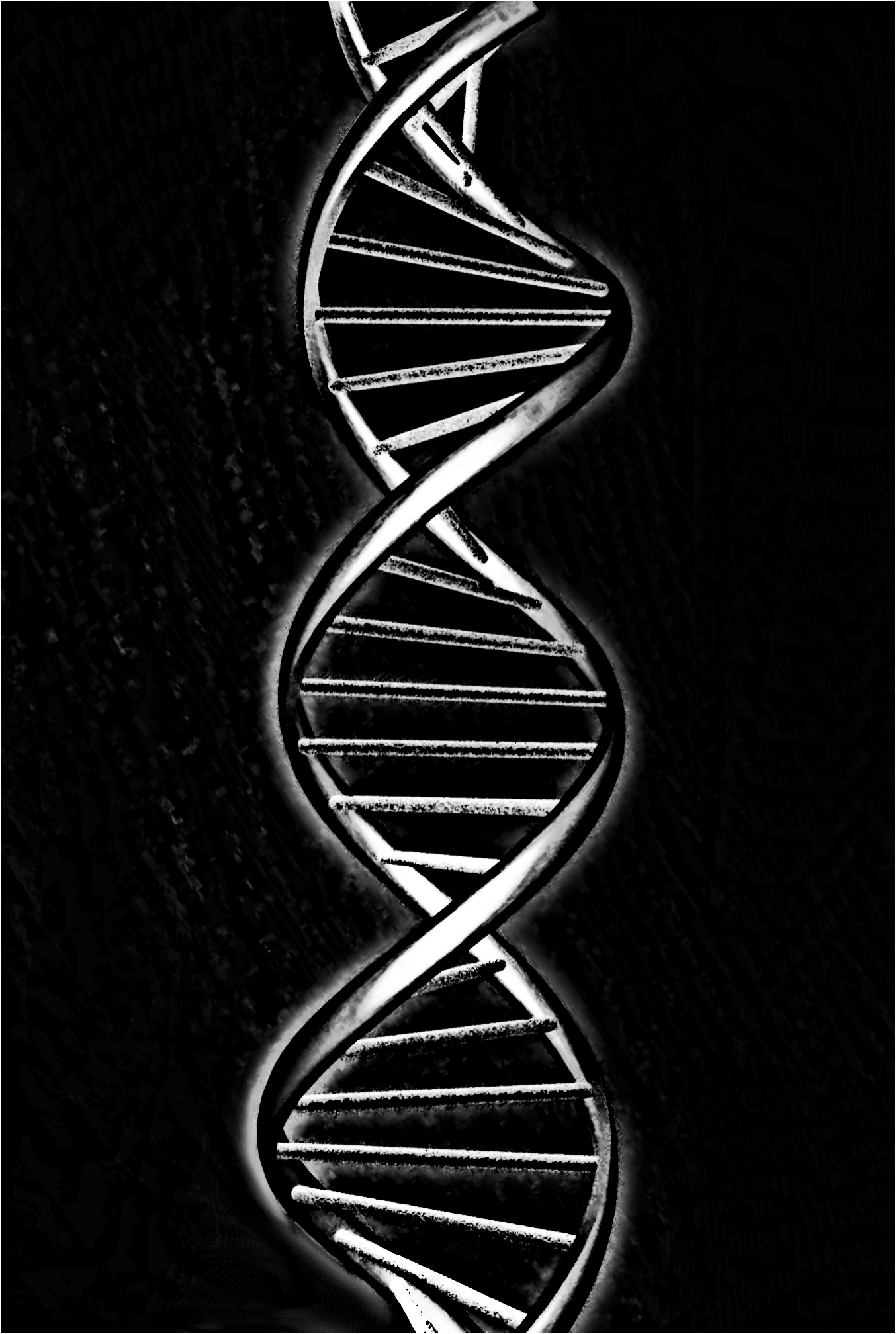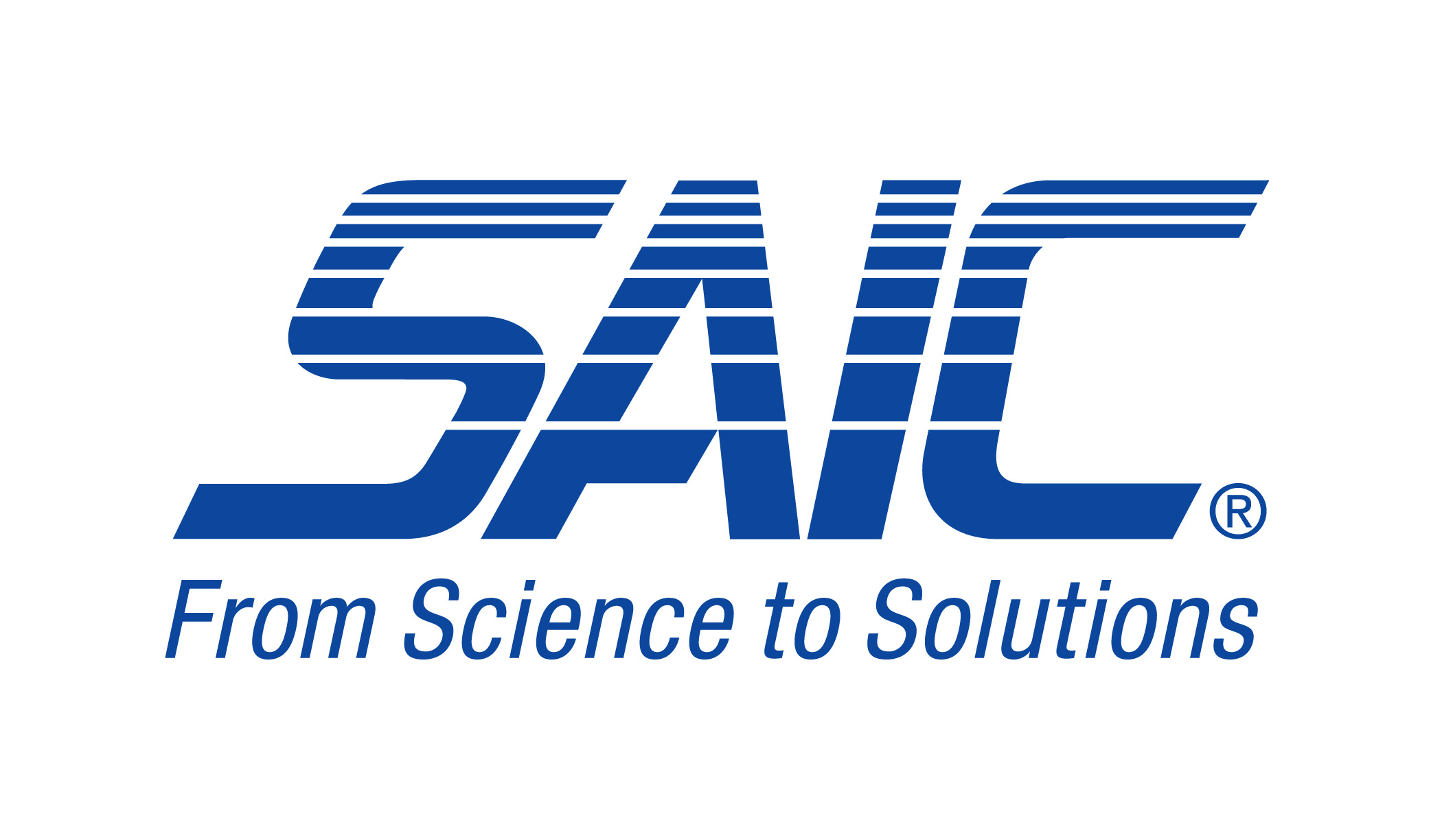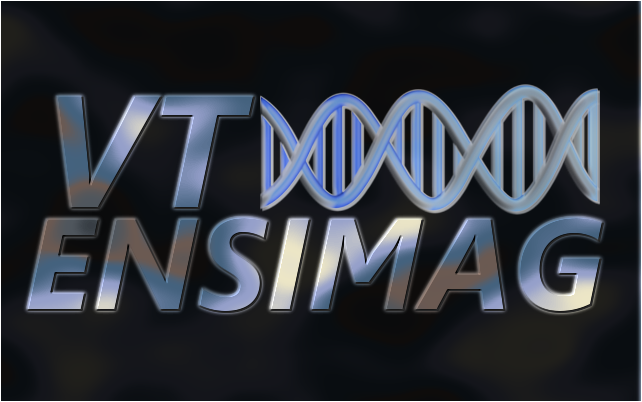Team:VT-ENSIMAG/Table5
From 2010.igem.org
| Line 6: | Line 6: | ||
<br> | <br> | ||
To test if our software, taking amino-acid into account, respond well to such a modification (codon optimization), we created 20 nucleotide sequence by randomly back-translated a select agent amino-acid sequence. | To test if our software, taking amino-acid into account, respond well to such a modification (codon optimization), we created 20 nucleotide sequence by randomly back-translated a select agent amino-acid sequence. | ||
| - | |||
<br> | <br> | ||
Latest revision as of 15:00, 27 September 2010
Degeneracy
|
If only the nucleotide sequence were screened, it would have been easy for ill-intentioned people to bypass the software: modifying the DNA sequence such as the sequence doesn't mime the dangerous one, but in having the same resulting amino-acid chain. Changing each triplet of nucleotides by a different one but coding for the same amino-acid is enough to obtain such a result.
|
 "
"





